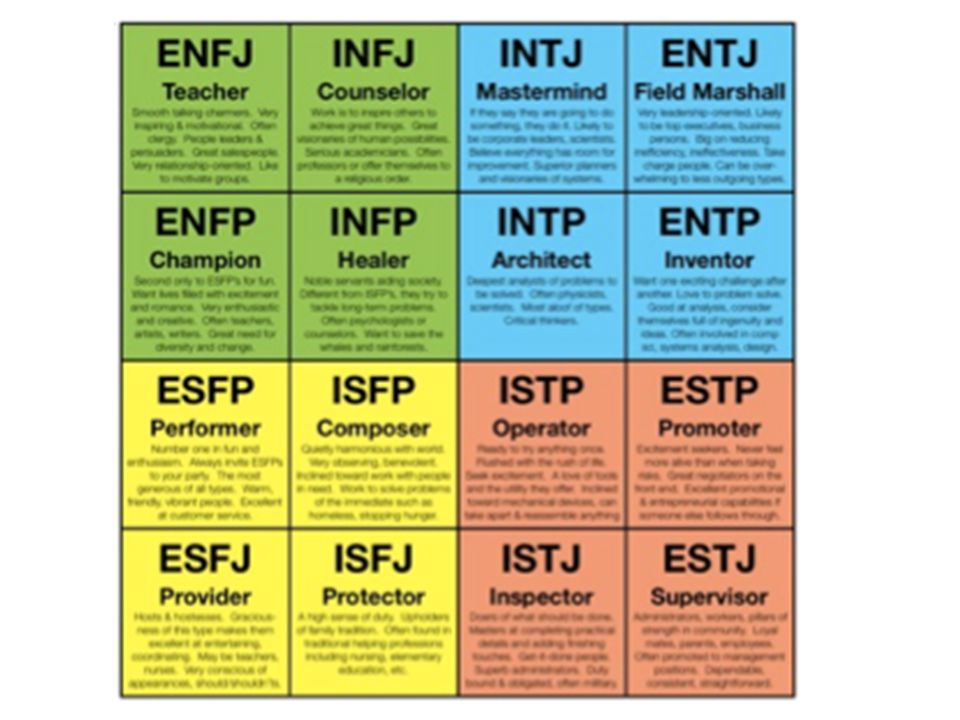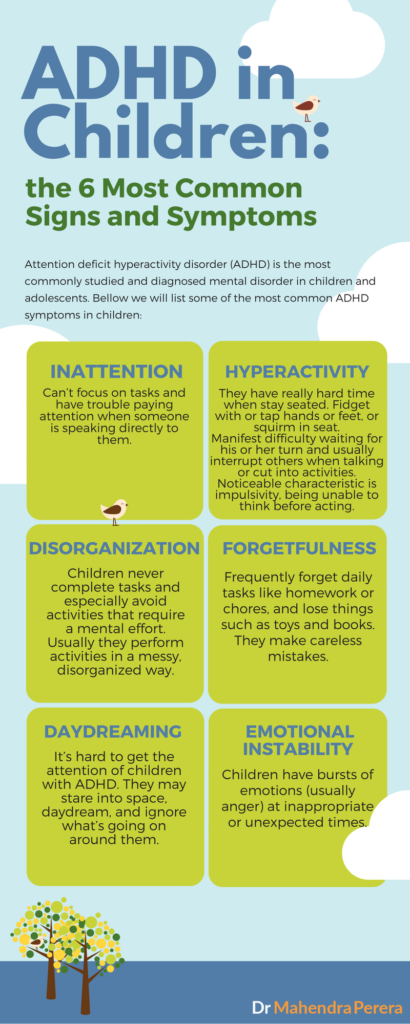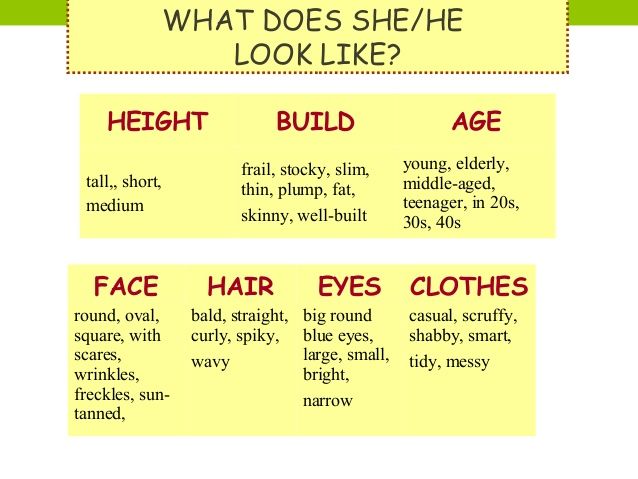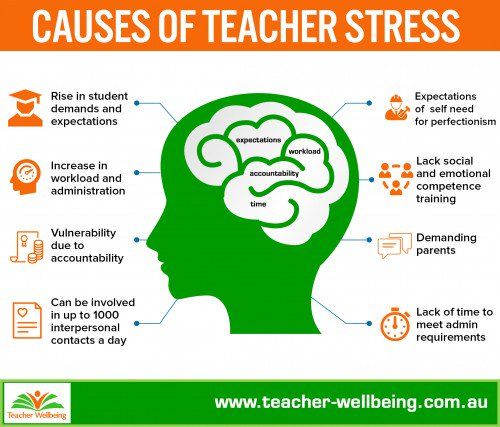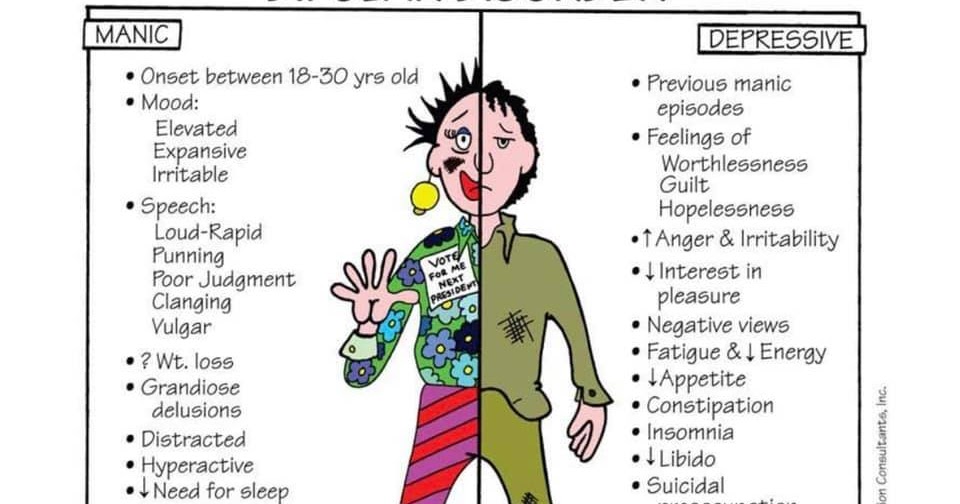Smartest to dumbest personality types
Most intelligent personality type to least intelligent personality type. | by Talal Abbasi
Okay here’s why I listed them in that order.
1. INTJ- They are extremely skilled when it comes to information, storing it and knowing how to use it in the big picture. They waste no time getting things done and no-one else knows ‘the world’ better than them. They can completely cut out time wasting emotional reactions and see logic, not only that they keep to themselves, storing even more information.
2. ENTP- They are ‘big idea’ people, they can do what the INTJ’s do pretty well, they can store alot of information, the only difference being they outlet it and try and change things by using their information. The only reason I put them lower than the INTJ’s is becuase they spend alot of time with people, having fun and influencing people, which wastes time.
3. INTP- INTP’s can store SO much information. And they have so many ideas too. They just aren’t as pro-active or as consise as ENTP’s and INTJ’s. The reason I put them higher than INFP’s is because they can completely cancel out emotion which can quite often be time wasting, debilitating and can even cloud judgement.
4. INFP- They are like INFP’s, they can store a tremendous amount of information and not forget it. I feel like while they have Fi which can make them sensitive, their analytical mind paired up with their ability to see the posiblities means they know answers to things instantly. I put them higher than the INFJ because I feel like their mind is more open to new things. I think they are kind of a blank slate because they can almost become anything if someone tells them to.
5. INFJ- Incredibly ‘big picture’ people I think they are the smartest when it comes to philosphy in life. I said that the INTJ’s were best at ‘knowing the world’ but by that I mean the logical, factual world. INFJ’s are best at knowing the emotional and spiritual world. However if asked to solve a problem their emotion may cloud their speed.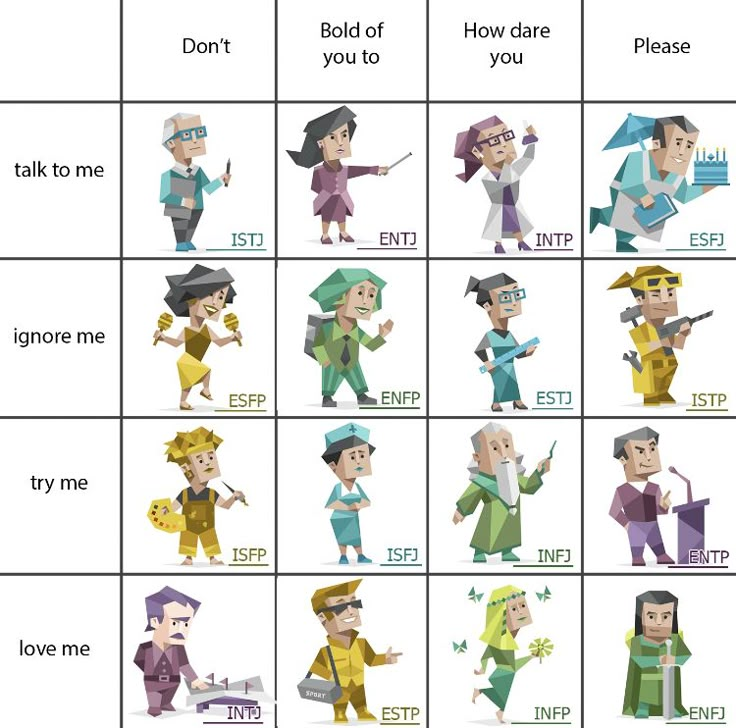
6. ENTJ- They are incredibly smart people and incredibly business minded, they know the world on a business level the best out of all types it seems. I put them lower than the INFJ because they are prone to anger, which can seriously cloud ones judgement. Also they mostly only care about themselves, meaning they are unlikely to store any information which doesn’t relate to them.
7. ENFJ- I think they are like INFP’s in alot of ways in that they ‘know people’ so well. But they are so clouded by emotion they cannot help but act on that, sometimes not focusing on the right thing. Although they have the Ni as their secondary function which means they are constantly thinking.
8. ENFP- I put them lower than the ENFJ’s because a combination like ENF would entail someone running riot unless they had a J to give it some structure and sense. The ENFP’s are fun and smart and know ALOT about people, they are great with new ideas and are quick minded. Only problem being they spend so much time having fun.
9. ESTJ- This type I would say, is the smartest of all the sensors. I think they can seem smarter than alot of the types above. The only difference being they don’t know what to do with things. They have no emotional intelligence or intuition to give them an insight into the world. They are good at being in charge and understanding institutions, they are also brainboxes, storing so much factual evidence.
10. ISTP- I think they are so smart because they know the solution to so many things, they are good with their hands and quick on their feet. They could solve any physical thing very quickly. They are not very good with analytical matters but they have a good idea on what to do in most circumstances. I put them higher than the ESFJ because they are more quick on their feet.
11. ESFJ- ESFJ’s are intelligent when it comes to people and knowing the right thing to say to make people happy. They are not thick in anyway and are actually smart and sensible people academically.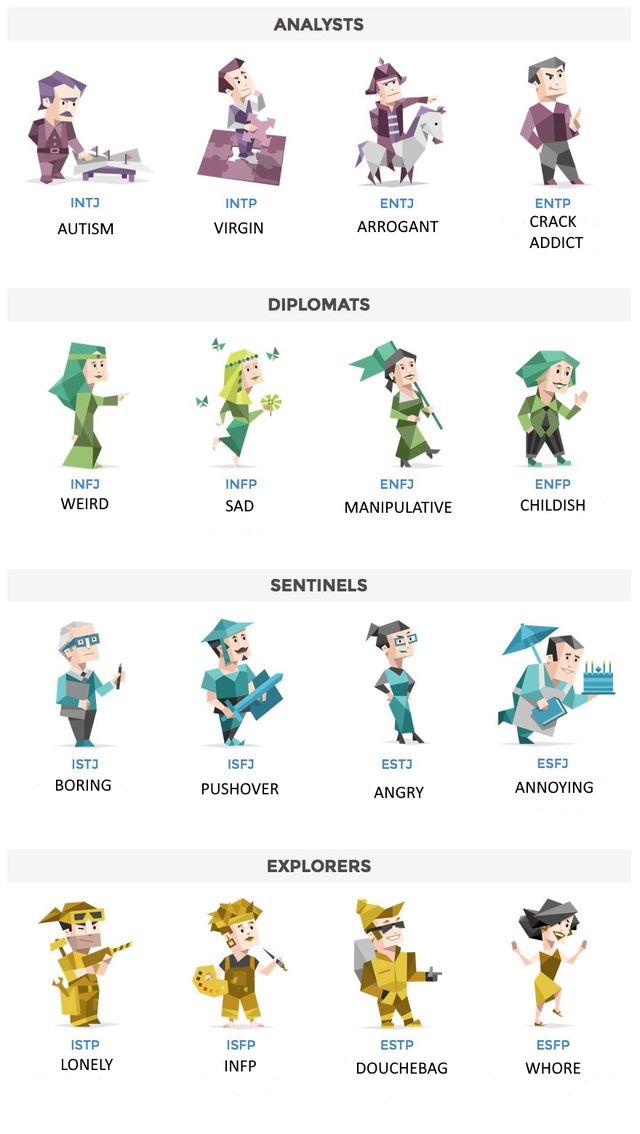 However I feel they have to strong a need to be adored almost always to really be analytical in anything.
However I feel they have to strong a need to be adored almost always to really be analytical in anything.
12. ESTP- I would put them lower, but I put them here because they are very ‘real world’ people, they have alot of common sense and do not put up with crap. Although they have little emotional intelligence I put them higher than ISFP because they can get things done much, much quicker than they can. They put logic first, although they are inclined to party alot.
13. ISFP- I put them higher than the others because like many others they have a certain emotional intelligence for visual design. That doesn’t help towards storing information but they normally know what to say in all situations, they are lovely people and they can use their charm and innocence to get them forward, despite not have anything at-all that resembles an analytical mind.
14. ISTJ- I put them higher than the ISFJ because they don’t just blindly follow things like them. They do follow things alot but they also do know when there is no value or sense in something that’s happening. They are pretty sensible people when it comes to how people should live their lives and have a good grasp on right and wrong concepts. They are just not very good when it comes to storing long-term factual data or working things out.
They are pretty sensible people when it comes to how people should live their lives and have a good grasp on right and wrong concepts. They are just not very good when it comes to storing long-term factual data or working things out.
15. ISFJ- The second to bottom, I put them higher than the ESFP because they know what to do in certain situations, they are sensible like the ISTJ’s but they know how to heal a person to health, in everyway. They are protective over others who look out for them. They have no time for analysing and often don’t know what to say, but they understand human beings and humility which puts them higher than the ESFP.
16. ESFP- The least intelligent type in my opinion. They have no time for analysing whatsoever, they are fashionable and fun and like to party but cannot for the life of them work anything out. They are good at making people feel happy and are natural performers in art, drama or dance. They are the most carefree of all times therefore the least intelligent.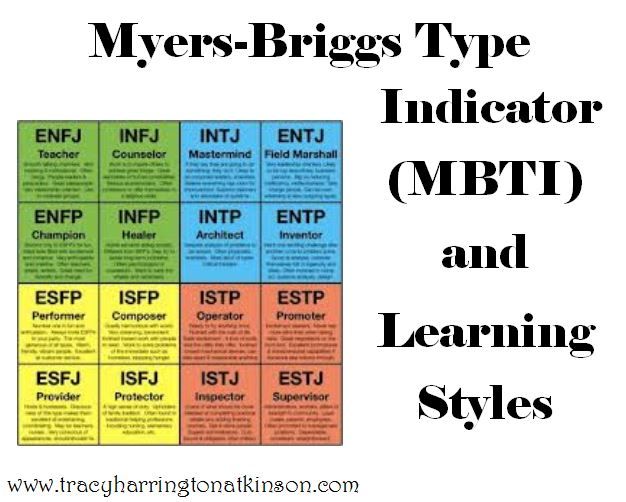
Source of Posting
The Most Intelligent (IQ) Personality Types Ranked
Today we rank the 16 personality types from least to most intelligent. We also assess how intelligence typically manifests in each type. We all have our strengths and weaknesses, but some of us are just more likely to be intellectually intelligent than others.
Intelligence is characterized by many factors including the ability to think abstractly, to understand complex ideas, to learn quickly, and to solve problems. It is important to note that intelligence is not simply the accumulation of knowledge. Rather, it is the ability to apply that knowledge in order to achieve a goal.
There are also many other forms of intelligence such as emotional intelligence, which is the ability to perceive, understand, and manage emotions. This type of intelligence is also important in both personal and professional settings.
Just remember, this blog post primarily focuses on ranking the personality types based on their traits that correlate with IQ. Every personality type is intelligent in their own way and IQ does not necessarily dictate success. There are lots of successful people of all personality types and we have highlighted a few of these people to show that intelligence comes in all different forms.
Every personality type is intelligent in their own way and IQ does not necessarily dictate success. There are lots of successful people of all personality types and we have highlighted a few of these people to show that intelligence comes in all different forms.
So, without further ado, here are the 16 personality types ranked from least to most intelligent. If you don’t know your personality type, you can take our free 5-minute personality test.
Least to most intelligent personality types16. ESFP
ESFPs are typically the least intelligent personality type from an intellectual perspective. However, their social and creative intelligence is exceptional. They aren’t known for being particularly cerebral, but they more than make up for it with their people skills. This isn’t to say that they can’t be intelligent, but they’re more likely to rely on their EQ than their IQ.
ESFPs are outgoing and social, and they have strong emotional intelligence.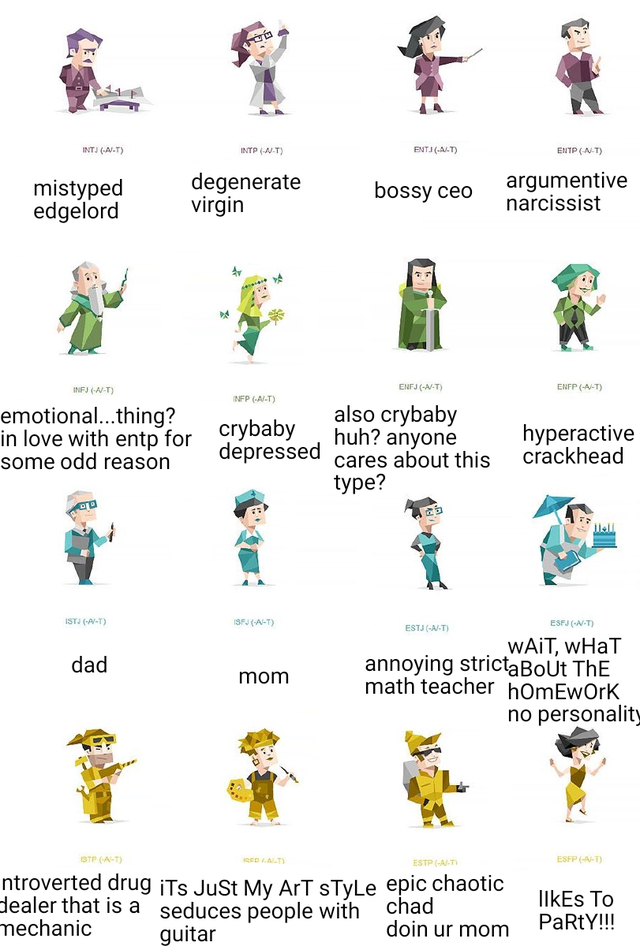 This allows them to be very effective in fields that require interpersonal skills. ESFPs are also some of the best performers. Their confidence is unrivaled and they have a natural ability to charm and entertain others. ESFPs are more interested in the here and now than in theoretical concepts. They’re unlikely to be academic types, but they can be very successful in fields that require practical and creative skills. Incredibly successful and talented ESFPs include Cardi B and Cristiano Ronaldo. Ronaldo is a mastermind of the football pitch and his ability to read the game is unmatched.
This allows them to be very effective in fields that require interpersonal skills. ESFPs are also some of the best performers. Their confidence is unrivaled and they have a natural ability to charm and entertain others. ESFPs are more interested in the here and now than in theoretical concepts. They’re unlikely to be academic types, but they can be very successful in fields that require practical and creative skills. Incredibly successful and talented ESFPs include Cardi B and Cristiano Ronaldo. Ronaldo is a mastermind of the football pitch and his ability to read the game is unmatched.
15. ESFJ
ESFJs are the second on the list for least intelligent. Now, this doesn’t mean that they’re unintelligent, but they aren’t typically as intellectually intelligent as some of the other types. However, they have one of the highest levels of social intelligence. ESFJs are known for being social butterflies. They love to be around people and they are excellent communicators. They often have a strong presence and can be very persuasive.
ESFJs also have a deep understanding of human psychology. This allows them to be successful in fields such as counseling, therapy, and social work. Joe Biden is the President of the United States, and he is a prime example of a highly intelligent ESFJ. He has used his people skills to rise to the top of the political world and he knows how to play the game.
14. ISFP
ISFPs aren’t considered to be the most intelligent personality type from an intellectual perspective, but they are one of the most intelligent types from a creative perspective. They are known for being original, passionate, and spontaneous. They are very in tune with their emotions and have high emotional intelligence too. They are excellent at reading people and understanding their needs.
Lots of famous ISFPs are artists, musicians, and actors. They can create deep and moving art that speaks to the human experience. ISFPs often use their creativity and imagination to make a difference in the world.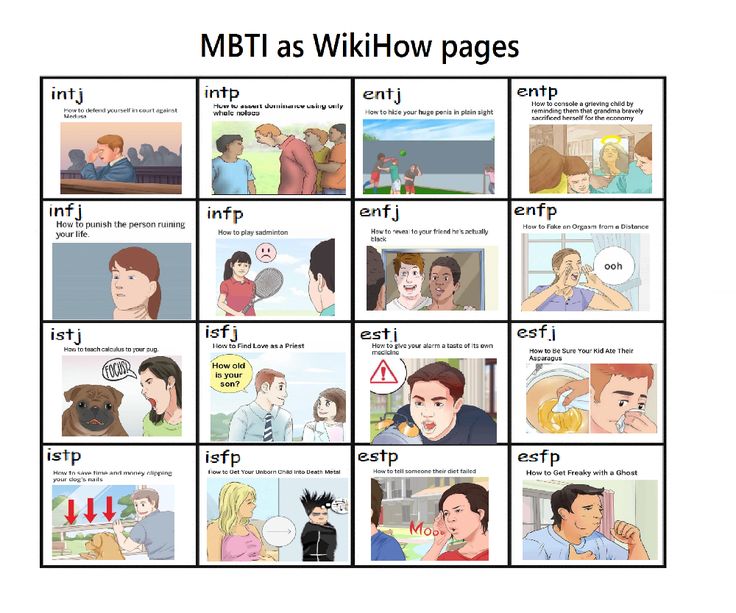 Rihanna and Prince are examples of famous and successful ISFPs that used their creativity and brains to create billion-dollar empires.
Rihanna and Prince are examples of famous and successful ISFPs that used their creativity and brains to create billion-dollar empires.
13. ENFP
ENFPs aren’t the most intelligent personality type in a mainstream way. However, their creativity and originality often give them an edge over other types. ENFPs are always looking for new and exciting experiences. They are spontaneous and fun-loving, and they have a strong sense of intuition. This allows them to see the world in a different way than most people.
ENFPs often excel in fields such as art, writing, and music. Their curiosity and imagination are unique. Grimes is a perfect example of an ENFP who has used her creativity and intelligence to carve out a successful career in the music industry.
12. ISFJ
ISFJs are the twelfth most intelligent personality type. They aren’t typically as book-smart as some of the other types on this list, but they more than make up for it with their street smarts. ISFJs are very in tune with the people and world around them.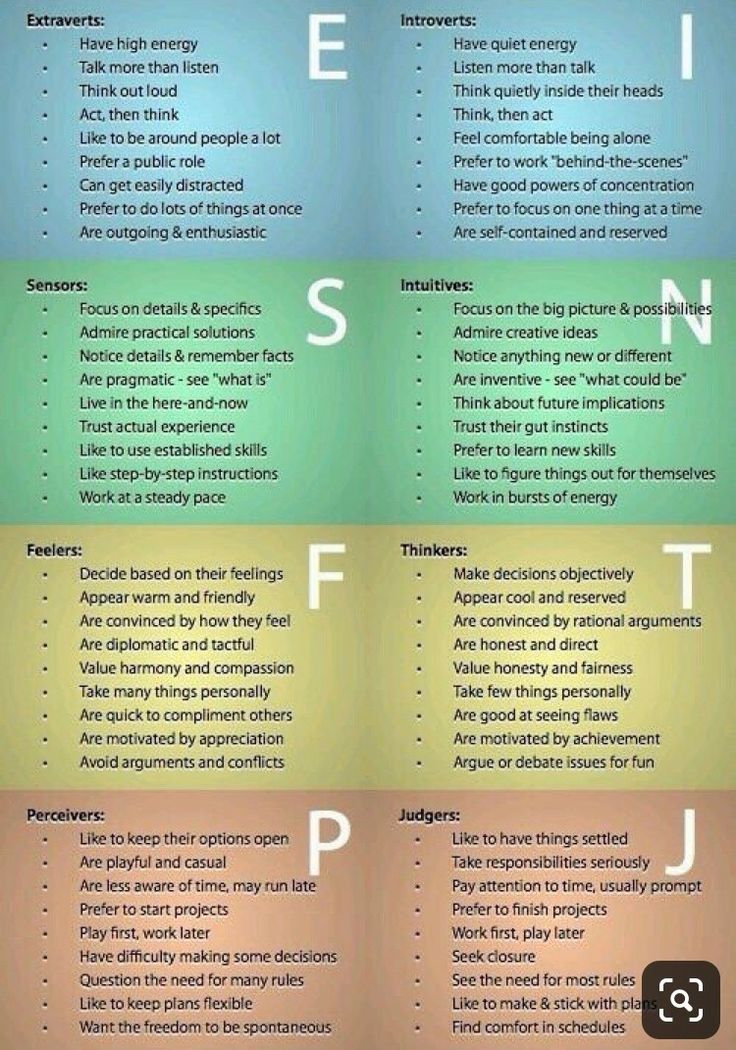 They have a strong sense of morality and justice, and they are always looking for ways to help others.
They have a strong sense of morality and justice, and they are always looking for ways to help others.
ISFJs are also excellent at reading people and understanding their needs. They often excel in fields such as nursing, teaching, and social work. Making a difference is important to this personality type. Emotionally intelligent and successful ISFJs include Mother Teresa and Emma Watson.
11. ESTJ
ESTJs are the eleventh most intelligent personality type. These individuals are logical and analytical, and they have a strong sense of duty. ESTJs often excel in fields such as business and management. They are excellent at making decisions and they are always looking for ways to improve efficiency.
ESTJs are also very good at taking charge in difficult situations. They are natural leaders who are always willing to take on responsibility. Michelle Obama is an example of a powerful and intelligent ESTJ who has used her leadership skills to make a positive impact on the world.
10. ENFJ
The ninth most intelligent personality type is the ENFJ. These individuals are natural leaders who are always looking to help others. They are outgoing and social, and they have strong emotional intelligence. They are also excellent communicators, and they often have a very strong presence. ENFJs use their people skills to charm and persuade others. They are often excellent at sales and marketing.
ENFJs also have a deep understanding of human psychology. This allows them to be very successful in fields such as counseling and therapy. Oprah Winfrey is an example of a gifted ENFJ who has used her people skills to become one of the most successful talk show hosts in history.
9. ISTP
ISTPs are the ninth most intelligent personality type. These individuals are logical and analytical, and they often enjoy working with their hands. ISTPs thrive with practical problem-solving. They are excellent at finding creative solutions to issues. ISTPs are often excellent mechanics, engineers and architects.
Fields that combine their creativity and practicality are often of great interest to ISTPs. They are also naturally curious and are always exploring the physical world around them. Bear Grylls is a perfect example of an intelligent ISTP who uses his practical skills to survive in difficult situations.
8. INFP
The eighth most intelligent personality type is INFP. These individuals are idealists who are always looking for ways to make the world a better place. They are creative and compassionate, and they have a strong sense of morality. INFPs love to learn about a wide range of topics, and they are often very curious people. They are particularly interested in psychology and philosophy.
INFPs also have a high emotional intelligence which is something that cannot be taught in the same way conventional intelligence can. David Attenborough and Isabel Briggs Myers are two smart and creative INFPs.
7. ESTP
ESTPs are the seventh most intelligent personality type. These individuals are outgoing and social, and they enjoy being in the moment. ESTPs are natural risk-takers, and they are always looking for new challenges. This makes them excellent entrepreneurs and salespeople. They know exactly how to charm and persuade others, and they are often looking for new opportunities to make money.
These individuals are outgoing and social, and they enjoy being in the moment. ESTPs are natural risk-takers, and they are always looking for new challenges. This makes them excellent entrepreneurs and salespeople. They know exactly how to charm and persuade others, and they are often looking for new opportunities to make money.
ESTPs thrive in fast-paced environments and are always on the go. They are excellent problem-solvers and are always able to think on their feet. George W. Bush is an example of a clever and quick-thinking ESTP.
6. ENTP
ENTPs are also very intelligent personality types. They are quick-witted and creative, and they are always looking for new opportunities and ways to challenge themselves. ENTPs are excellent at problem-solving, and they are not afraid to take risks. This is because they are very confident and optimistic individuals.
ENTPs often excel in fields that require quick thinking and creativity, such as entrepreneurship, marketing, and sales.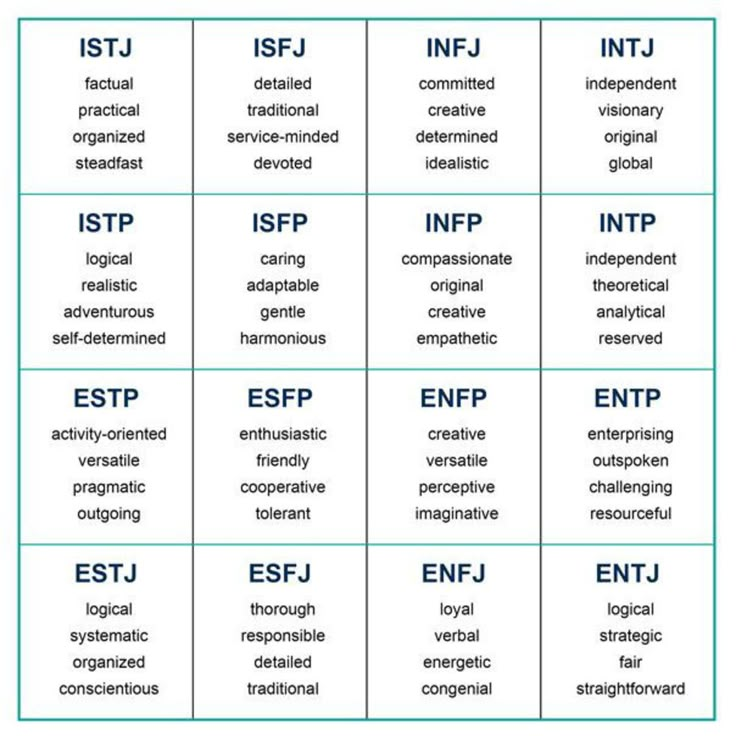 They are curious and seek knowledge and understanding. ENTPs are also very charming and persuasive, and they love to debate all sides of an issue. Intelligent and creative ENTPs include Volodymyr Zelenskyy and Martin Scorsese.
They are curious and seek knowledge and understanding. ENTPs are also very charming and persuasive, and they love to debate all sides of an issue. Intelligent and creative ENTPs include Volodymyr Zelenskyy and Martin Scorsese.
5. INFJ
INFJs are the fifth most intelligent personality type. These individuals are rare and often misunderstood. They are compassionate and caring, but they also have a sharp intellect. INFJs are able to see things from multiple perspectives, and they use their knowledge to help others. They are natural healers and counselors, and they often end up in jobs that require them to be caretakers. However, their intelligence should not be underestimated.
INFJs are creative and innovative, and they have a strong sense of intuition. They often excel in fields that require creativity and imagination, such as writing, art, and music. J.K. Rowling, the author of the Harry Potter series, is a famous INFJ who used her original thinking to write one of the most popular book series of all time.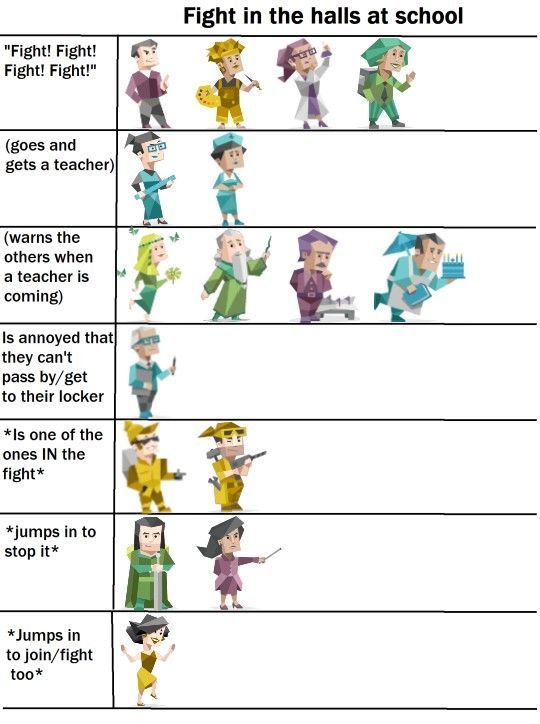
4. ENTJ
The fourth most intelligent personality type is ENTJs. These individuals are natural leaders and are always looking for ways to improve systems and increase efficiency. ENTJs are highly analytical and strategic, and they have a knack for seeing the big picture. They are confident and assertive, and they are not afraid to take calculated risks.
ENTJs are often successful in business and politics, and they are excellent at managing complex projects. They crave power and they have a natural intelligence that allows them to quickly understand and solve problems. ENTJs are typically extroverted and outgoing, and they enjoy being in the spotlight. Steve Jobs, the late co-founder and CEO of Apple, is an intelligent ENTJ who always saw the bigger picture.
3. ISTJ
ISTJs are the third most intelligent personality type. They are sensible, down-to-earth individuals who are highly logical and practical. They are hard-working and typically well-read, and they use their knowledge to solve problems in a systematic way.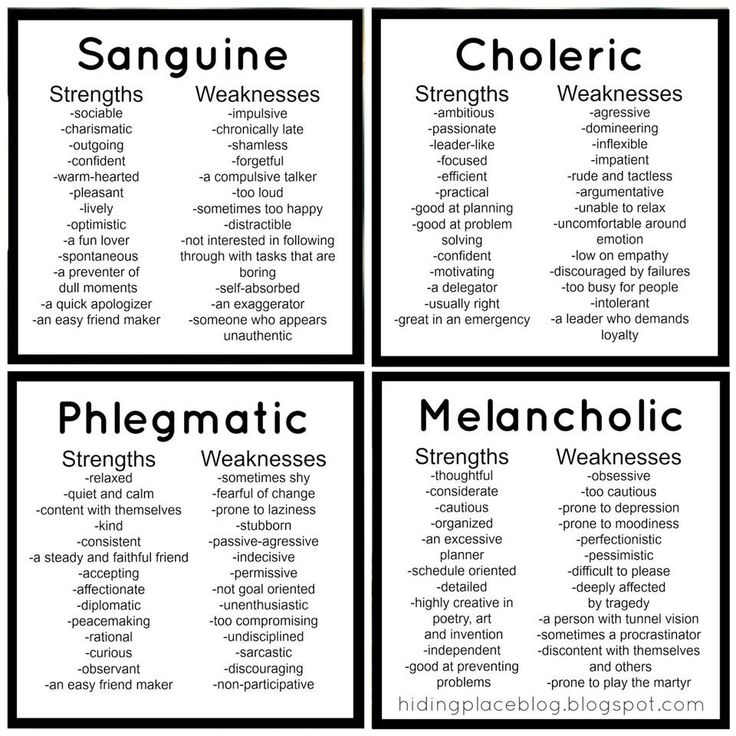 ISTJs are patient and detail-oriented, and they thrive in environments that require organization and structure. They often excel in fields such as accounting, engineering, and law.
ISTJs are patient and detail-oriented, and they thrive in environments that require organization and structure. They often excel in fields such as accounting, engineering, and law.
ISTJs like to stick to tried-and-true methods and procedures, and they have great respect for authority figures. However, this does not mean they are not creative or innovative. They can be, but they usually prefer to work within the confines of existing systems. Jeff Bezos and Warren Buffet are two well-known ISTJs who achieved great things in their respective fields.
2. INTJ
The second most intelligent personality type has to be INTJs. They are strategic, analytical, and reserved individuals. They are also excellent at problem-solving and have a keen understanding of complex theoretical concepts. INTJs are confident and independent individuals who are not afraid to question authority or challenge the status quo. They are often considered to be “the architects” of the personality world because of their ability to see the big picture and create long-term plans.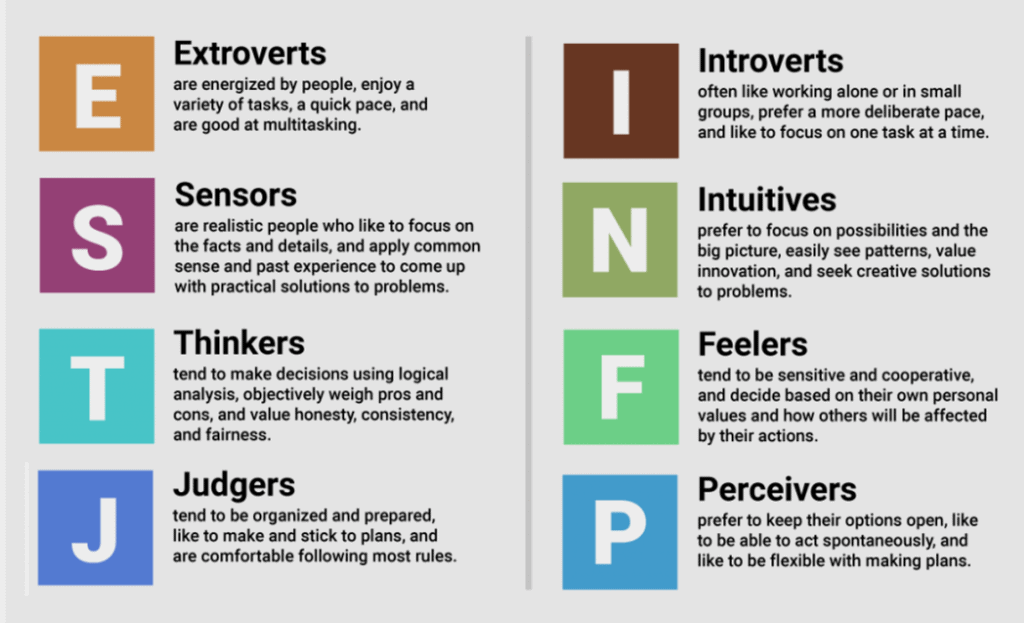
INTJs are usually high achievers and are often successful in fields that require strategic thinking and creativity. Nikola Tesla and Stephen Hawking are prime examples of intelligent and innovative INTJs.
1. INTP
INTPs are the winner of the most intelligent personality type. They are highly analytical and logical, and they are always looking for new ways to improve systems and solve problems. INTPs are great at finding patterns and connections that others may not see, and they use their knowledge to come up with creative solutions. Curious and inquisitive,
INTPs are often able to see both sides of an argument and find the middle ground between two conflicting ideas. They are excellent at critical thinking and are not afraid to challenge assumptions. This is because they are independent thinkers who do not like to be constrained by rules or conventions. Albert Einstein and Marie Curie are two amazing examples of INTPs who won Nobel Prizes for their work in science.
So, which personality type is the most intelligent? INTPs and INTJs are the most likely to be intelligent. They are analytical individuals who are natural problem solvers. Both types can take abstract concepts and explore them in depth. This allows them to see the world in a different way and come up with creative solutions. INTPs and INTJs often excel in fields such as science, mathematics, and engineering.
However, intelligence isn’t just about IQ. EQ is just as important, if not more so. ESFJs and ESFPs have high emotional intelligence, which allows them to be successful in fields that require interpersonal skills. So, it’s really a matter of what you consider to be intelligent.
Ultimately, all personality types have the potential to be intelligent. It all depends on the individual and their level of development. Intelligence is relative, so don’t worry if you’re not an INTP or INTJ. You can still be a genius in your own way.
You can learn more about the personality traits of each type by checking out the most manipulative personality types ranked.
You can also find our rankings for the least to most loving personality types.
Find deeper connections todaySo Syncd is the dating app that matches compatible personality types. Download So Syncd today to meet your perfect personality match.
From Genius to Tragedy: The Life of the Smartest Boy in the World
InoSMI materials contain only assessments of foreign media and do not reflect the position of the InoSMI editors
He was already reading the newspaper when he was two years old. And at nine, the child prodigy William James Sidis wrote several mathematical books. His IQ was between 250 and 300. He had an incredible ability in languages and mathematics, he studied many other sciences, and at 16 he defended his PhD thesis. And he ended his life in a broken-down apartment, in a low-paid office job. nine0003
Åsa Passanisi
He could speak, read and write at the age of only two years. And at the age of nine, the child prodigy William James Sidis had already written several mathematical books.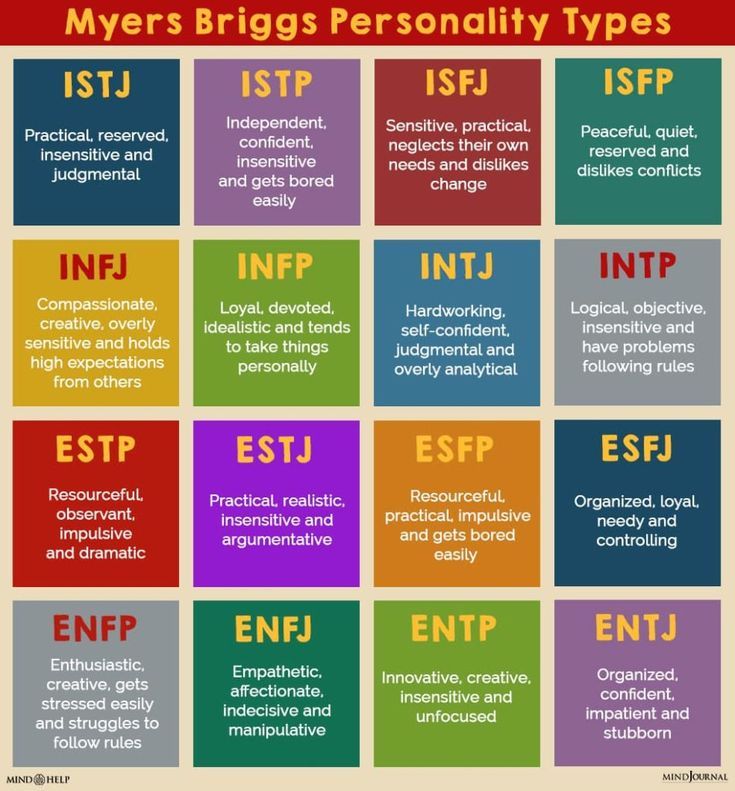
But the smartest boy in the world had only one desire: he wanted to be just like the rest of the children.
It is known that his IQ was much higher than that of Albert Einstein, but despite the fact that both mathematical geniuses lived at the same time, today few people know who William James Sidis was. nine0003
The explanation probably lay within himself: the quiet boy from New York didn't want to make too much noise. He wanted more than anything to live a very ordinary life and be left alone.
And that's how it all ended: in a broken-down apartment, in a low-paying office job.
More than 80 years later, speculation began as to whether William James had autism, but we will probably never know why the world's smartest man chose to hide from people. The only thing that is known for sure is that things could have gone differently. nine0003
It all started so well.
Read newspaper at 18 months old
William James Sidis was only six months old when his parents, Russian-Jewish immigrants, realized that their son was not like other children.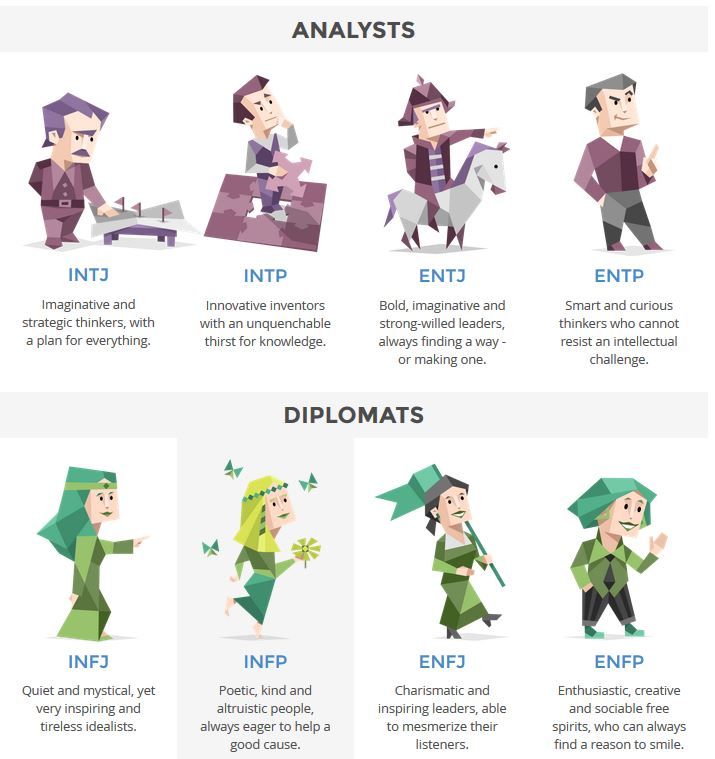 Even then, he began to speak. His first words were "door" and "moon".
Even then, he began to speak. His first words were "door" and "moon".
In less than a year, he was wading syllable-by-syllable through The New York Times.
Of course, both parents had higher education and were intellectuals. Mom Sarah studied medicine at Boston University, and dad Boris worked as a psychiatrist and wrote several books on psychopathology during his life. nine0003
But William James' gift was of a different order: an intellect such as the world had never seen before.
In addition, in the first years of his life, he absorbed knowledge very greedily. Just five years old, William James already spoke Russian, French, German and English. A year later, he also learned Hebrew, Greek and Latin.
Much later - when he had mastered about 40 different languages and, in addition, invented his own, Vendergood - he said that he was learning a completely new language in just one day. nine0003
But, despite his incredible talent for languages, William was most interested in mathematics.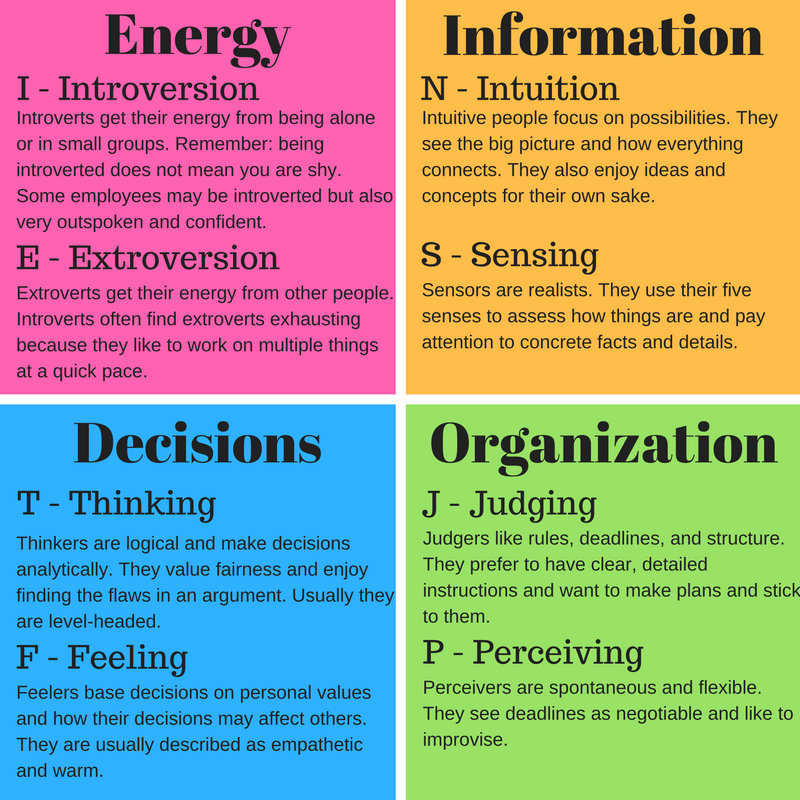 By the time he was eight years old, he had already written four books on anatomy, astronomy, mathematics, and grammar. In addition, in the same year, he successfully passed the entrance tests to the Massachusetts Institute of Technology.
By the time he was eight years old, he had already written four books on anatomy, astronomy, mathematics, and grammar. In addition, in the same year, he successfully passed the entrance tests to the Massachusetts Institute of Technology.
Devoted every minute to study
American newspapers, of course, praised the young genius and exhausted tons of paper describing his incomprehensible intellect. Papa Boris gave an interview and, they say, said that his son's success is connected with only one thing - with hard work. He believed that education should begin early, preferably before the age of two, and that hard and disciplined work lies at the heart of the boy's talent. nine0003
William James himself didn't talk much. People around him described him as an unobtrusive and lonely child who devoted every second of his wakefulness to studying and learning new things. He was not interested in playing, playing sports or walking in nature.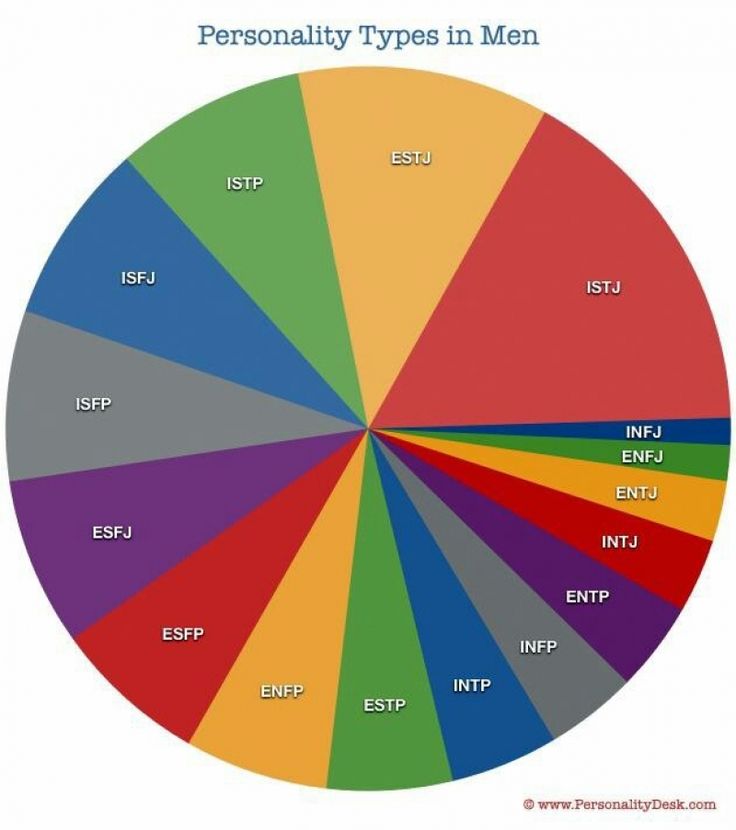
When William James was 11, he began his studies at Harvard University. Papa Boris spent two years trying to get the university to accept his son, who swallowed the seven-grade program in six months. But, according to the policy of the university, children were not accepted there, which caused criticism from the public. At 19In 09, the university gave in and accepted its youngest student in history as part of a program designed to provide early education to its most gifted students.
On June 18, 1914, William James completed his Ph.D. at the age of only 16—and instead of continuing, he suddenly began studying law at Harvard Law School. This surprised everyone. No one, least of all Father Boris, could understand what had happened.
"I'm sick of math"
But William James explained the change in his life path by the fact that his interest in mathematics had weakened. In a 1937 article in The New Yorker, he says: “The very sight of a mathematical formula makes me physically ill.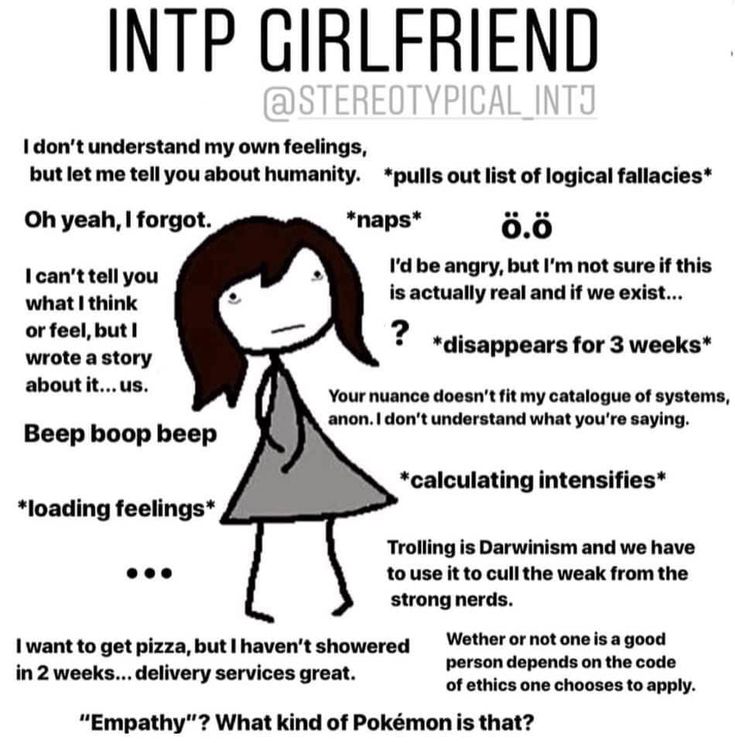 All I want to do is just mess around with my adding machine, but they (the press) won't leave me alone."
All I want to do is just mess around with my adding machine, but they (the press) won't leave me alone."
William James never completed his law degree. Instead, he hid from the world.
The American media had no mercy on the former child prodigy. He was now described as "maladjusted". When William James nevertheless made a brave attempt to teach mathematics, his students severely mocked him, believing that he was emotionally underdeveloped. nine0003
William James has disappeared from the world. But that hardly helped. The American media never stopped hounding him and stubbornly continued to speculate why the "Harvard genius" suddenly turned into a second-class citizen.
Immature and unloving parents
When he became interested in politics, he was considered a left-wing radical and was threatened with prison. Pope Boris intervened and made sure that the sentence was cancelled. But that didn't help much. William James developed something like a chronic resentment towards his father, he blamed him for his abnormal life.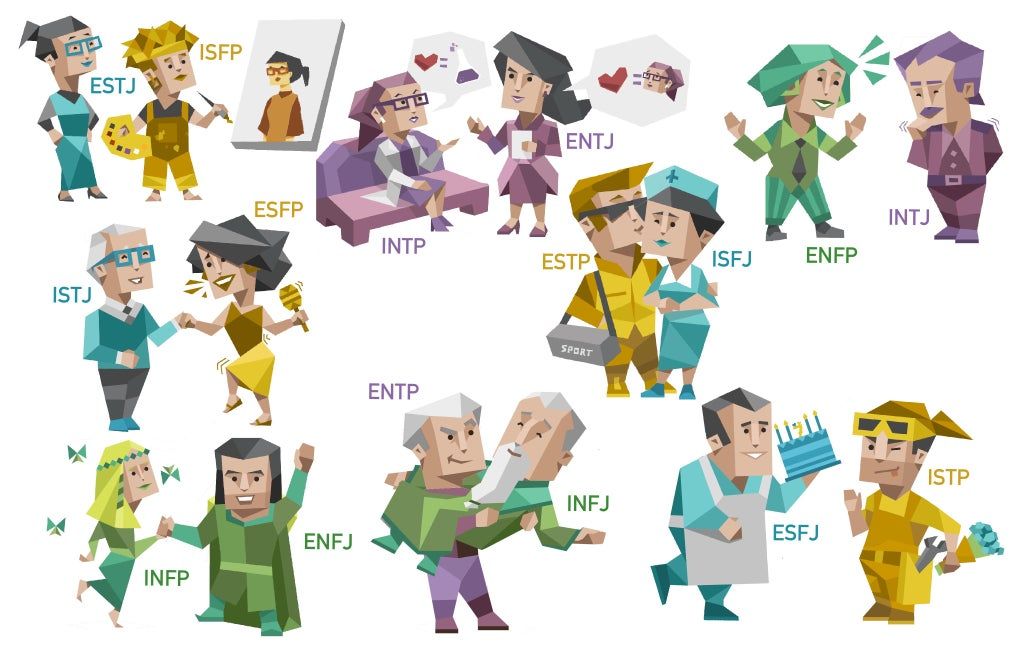 By the end of his life, the former child prodigy cut off all ties with his family and lived completely isolated. In the end, he left the apartment, only to go to work as a low-paid clerk. nine0003
By the end of his life, the former child prodigy cut off all ties with his family and lived completely isolated. In the end, he left the apartment, only to go to work as a low-paid clerk. nine0003
William James died on 17 July 1944 of a stroke at only 46 years of age.
Much later, his mother accused the American media of trying and failing to prove that her son was crazy. She continued to claim that it was because of the press that William James had hidden from the world. Many journalists, on the contrary, stated that Boris' strict discipline harmed him. And at least one relative subsequently accused both parents of putting too much pressure on their son and exploiting him at an early age. nine0003
William James's parents were also described as immature and unloving. And the child himself was called an "experiment." It was also said that the little child prodigy was emaciated and ill because of all this commotion around him.
But the world will never know what really happened and why the life of the smartest child in the world turned out to be so tragic.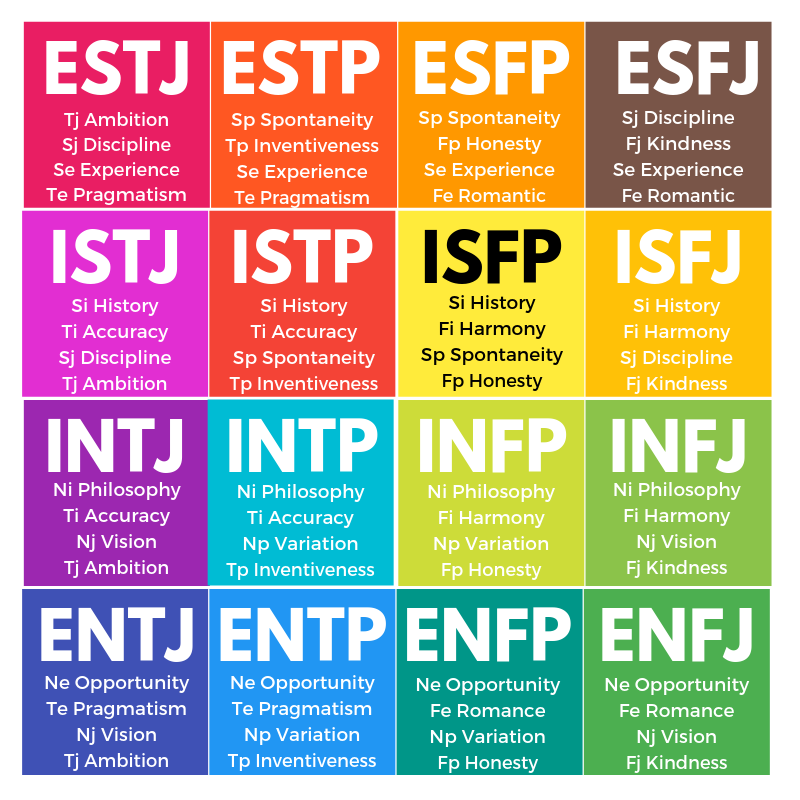
In any case, it is clear that neither before nor after William James was there a person with a higher IQ.
His IQ was between 250 and 300.
Communities of smart people
The average person has an IQ of about 100. Those with an IQ of less than 85 are considered "less gifted" 901. .) , and people with an IQ over 115 are "particularly smart."
To join Mensa, an international organization for smart people, you need to have an IQ of at least 131, which is about 2% of the world's population.
Notable Mensa members include Jodie Foster, Joyce Carol Oates, and Steve Martin.
Giga Society - this is the name of the community of people with an IQ of more than 196, that is, only one billionth of the world's population. One of the nine members of this society is the Swede Andreas Gunnarsson from Gothenburg.
The smartest people in history
IQ 250+: William James Sidis (1898-1944)-1832). German writer, politician and scientist.
German writer, politician and scientist.
IQ 190: Garry Kasparov (born 1963). Russian world chess champion, politician and writer.
IQ 186: Marilyn Vos Savant (born 1946). American writer and journalist.
IQ 180: Leonardo da Vinci (1452-1519). Italian multigenius.
IQ 180: Galileo Galilei (1564-1642). Italian astronomer. Founder of modern astronomy. nine0003
IQ 170: Paul Allen (born 1953) American investor and philanthropist, founded Microsoft with Bill Gates.
IQ 165: Wolfgang Amadeus Mozart (1756-1791). Austrian composer.
IQ 160: Albert Einstein (1879-1955). Author of the theory of relativity.
IQ 160: Dolph Lundgren (born 1957) Swedish actor, chemical engineer by education.
IQ 160: Bill Gates (b. 1955). American IT entrepreneur, founder of Microsoft, multimillionaire.
IQ 156: Olof Palme (1927-1986). Prime Minister of Sweden.
IQ 145: Napoleon Bonaparte (1769-1821).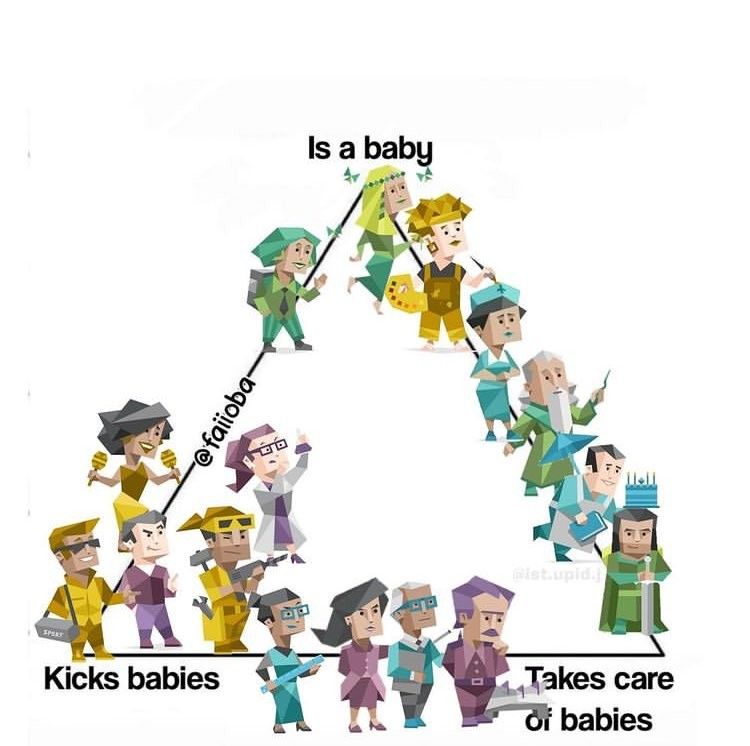 French statesman and military leader.
French statesman and military leader.
IQ 140: Shakira (Shakira, born 1977). Colombian singer and producer.
The Dunning-Kruger effect is not what it seems, or Why the division into smart and stupid is stupidity in itself / Sudo Null IT News0001
The Dunning-Kruger effect is a cognitive distortion in which people with a low level of skill draw erroneous conclusions, make poor decisions and are unable to recognize their mistakes due to their low level of skill. This is a fairly recent concept - the phenomenon itself in this form was described by modern psychologists David Dunning and Justin Kruger only in 1999, which has already gained great popularity in educated circles.
Vasily Shukshin's story "Cut off" - an artistic illustration of the Dunning-Kruger effect in action
The irony of the popularity of the Dunning-Kruger effect, which describes cognitive bias (bias), is that its mention itself expresses a much older cognitive distortion - the tendency of people , with a pronounced competence in any area, to intellectual segregation - the division of people into two categories: smart and stupid (of course, referring to the first one).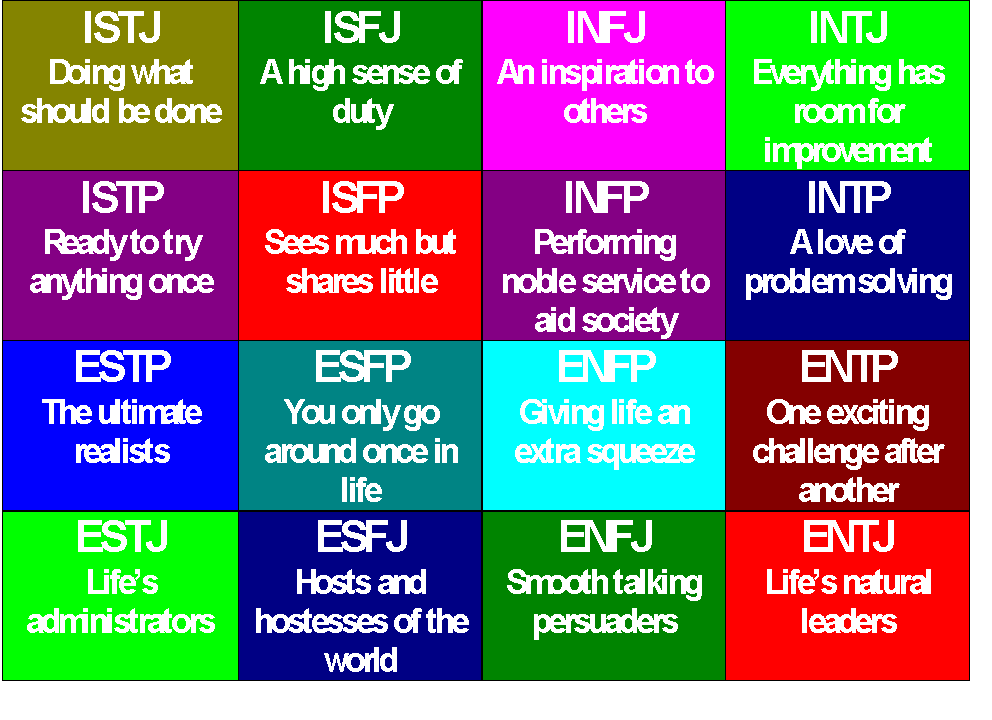 They consider their own competence to be the basis for distributing others into baskets of fools and wise men - and they actively resort to mentioning the “Dunning-Kruger effect” in order to write someone down as ignorant, not noticing that they themselves, using it in this way, demonstrate the Dunning effect -Kruger in action. nine0003
They consider their own competence to be the basis for distributing others into baskets of fools and wise men - and they actively resort to mentioning the “Dunning-Kruger effect” in order to write someone down as ignorant, not noticing that they themselves, using it in this way, demonstrate the Dunning effect -Kruger in action. nine0003
What even Dunning and Krueger themselves don't know is that their effect is not at all an effect that characterizes some individual people (aka fools), but a general principle for determining the limits of human competence. In other words, the judgments of each person, without exception, are subject to the Dunning-Kruger effect to one degree or another in those areas where they cannot objectively assess the limits of their competence. Even among the most educated people, most of the aspects of their lives are outside the circle of their expertise. And the people most affected by the Dunning-Kruger effect are those who believe that this effect does not concern them, and use it to distinguish themselves from the "fools" intellectual caste.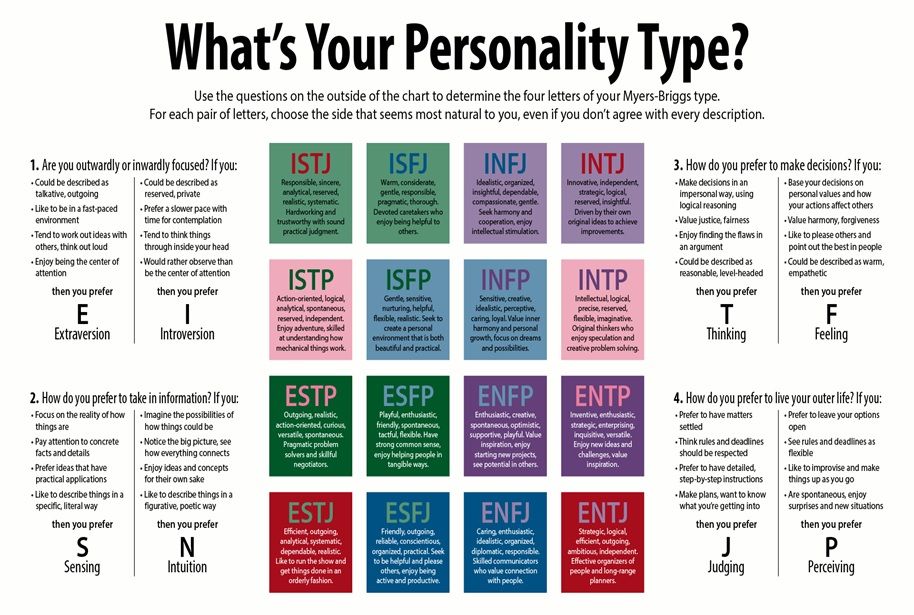 nine0011
nine0011
Dunning and Kruger underestimated the importance of their discovery. The word effect implies some kind of action or reaction. What describes the "Dunning-Kruger effect" is a three-dimensional principle of delimitation of the limits of knowledge. And already within the framework of this principle, different effects arise.
"Effect" means that it is an isolated phenomenon that occurs in certain people in relation to certain areas of knowledge and experience. Whereas Dunning and Kruger described the universal principle of determining the limits of competence in all areas of knowledge and experience with which a person consciously interacts. In the current interpretation, this effect itself is called the delusion of a person about the level of his own competence. This is not an effect, this is also a statement of position. nine0003
In fact, dividing people into smart and stupid is in itself one of the oldest and most underestimated cognitive distortions, the insidiousness of which is that it plays into the hands of those who have the resources and level of education for such mental exercises.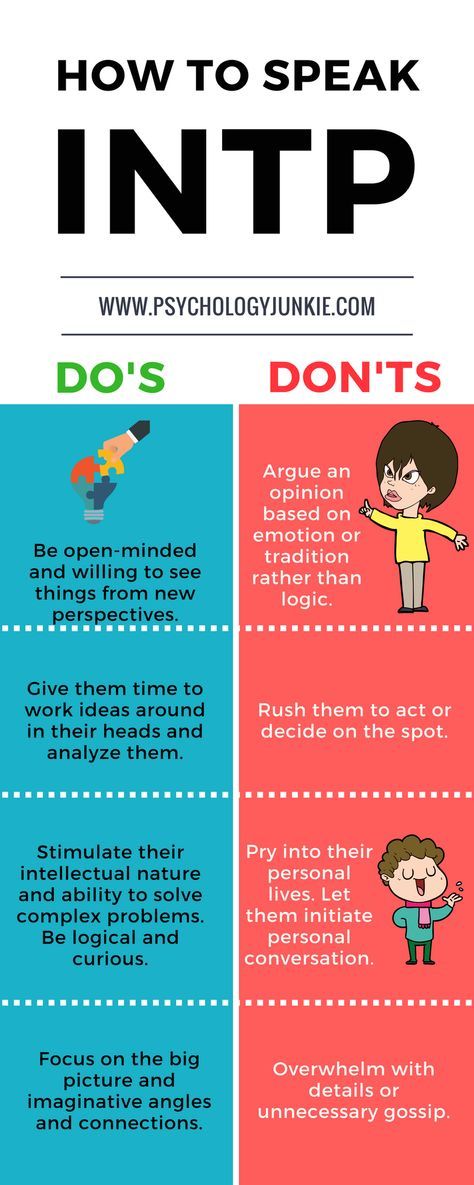 This article is about why "fools" do not really exist - more precisely, why all people are fools to one degree or another, and people who consider themselves smarter than others make fools of themselves because they do not see their own prejudice, demonstrating Dunning-Kruger effect in the concept of the limits of one's own competence:
This article is about why "fools" do not really exist - more precisely, why all people are fools to one degree or another, and people who consider themselves smarter than others make fools of themselves because they do not see their own prejudice, demonstrating Dunning-Kruger effect in the concept of the limits of one's own competence:
- The zone of conscious competence is the zone of work. Smart .
- The zone of false competence is the zone of ignorance. "Dumb" .
- Zone of conscious incompetence - zone of delegation .
Where a person is consciously competent, you can do the job. Where you are consciously incompetent, you delegate, you hire a specialist. Or you study. Aware of incompetence and having a desire to correct it - there is a motivation to study
Zone of unconscious incompetence.
What they call Unskilled and Unaware of it - that is, unconscious incompetence - is much more insidious.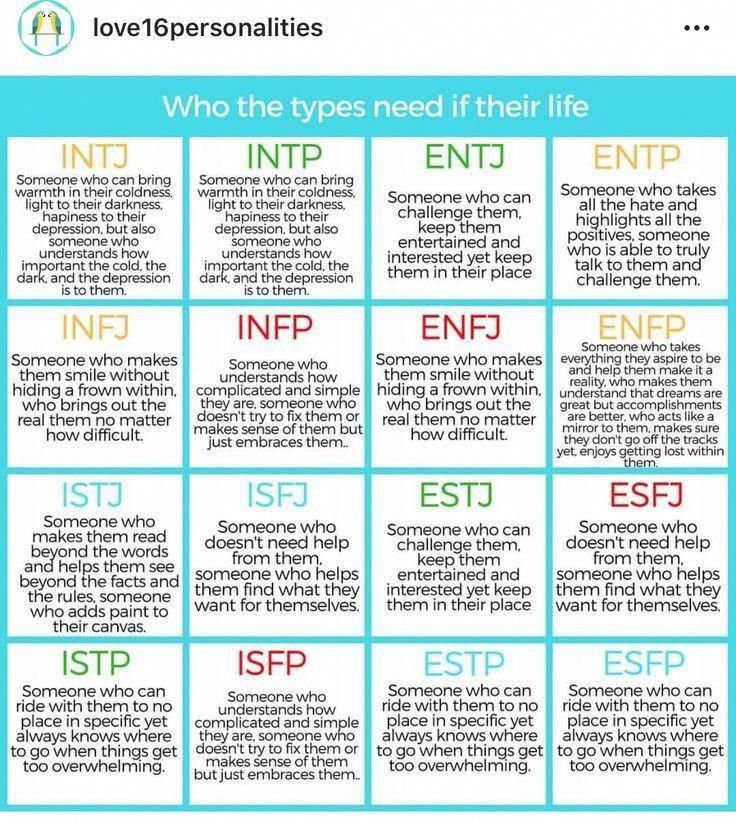 Unskilled and Unaware of it is any area that a person does not know about and, as a result, cannot have neither skills in it nor know about it.
Unskilled and Unaware of it is any area that a person does not know about and, as a result, cannot have neither skills in it nor know about it.
What they mean by it is actually a zone in which a person considers himself competent, unaware of the opposite. This is a zone of false competence. nine0003
Dullness. Zone of false competence
A person is incompetent, but does not know about his ignorance, therefore he has no reason to learn. And he is confident in his competence - therefore he has the motivation to learn. This is a dead end, so the zone of unconscious incompetence is the zone of stupidity.
That is, the order is different: not 1) competence in the center of the circle of skills, then 2) the area of conscious incompetence, and then, on the periphery - 3) unconscious incompetence, but:
- competence area;
- zone of false competence;
- zone of perceived incompetence.
In fact, everything that a person, as it seems to them, "understands" - is divided into two areas - in which they really understand, and in which they do not really understand, but believe that they understand precisely because of their ignorance.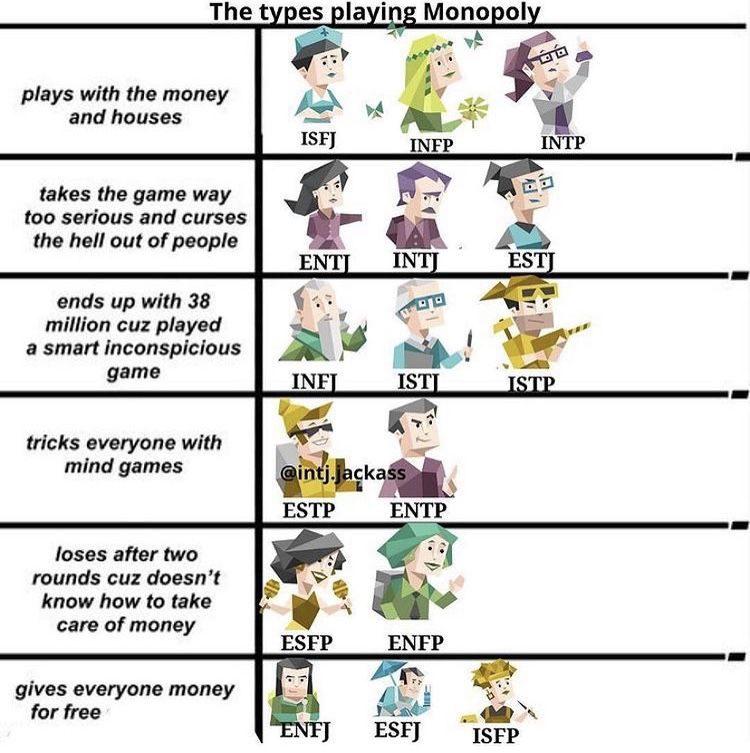
That is, the zone of false competence aka the zone of stupidity, in fact, is not at all on the periphery of the field of knowledge and experience, but much closer to the center, being part of the zone of a person's supposed competence. nine0003
At the same time, a person does not know about his stupidity and does not know the limits of his stupidity - otherwise it would already be a zone of conscious incompetence.
And this is the insidiousness of stupidity: it is not somewhere on the periphery of human experience and knowledge, but right under their noses, where they do not experience any doubts and feel confident, while remaining completely invisible and imperceptible . This means that the percentage of the zone of false competence can be absolutely anything from 0 to 100, in some cases occupying almost the entire zone of alleged competence or even its entirety: that is, a person may not completely understand the issue in which, as they think they understand completely. nine0003
nine0003
In other words, a person is not just stupid - he is suddenly stupid, and in those areas where, as they think, they understand.
Simply put, all or a significant part of what a person knows and can do may turn out to be a delusion, the extent of which a person does not know until he knows that he was mistaken.
Moreover, this principle can apply to a huge number of people or even the whole of humanity, as has often happened in history with large-scale scientific or ideological errors. The whole enlightened humanity, confident in its enlightenment, was simply unaware of its delusion. nine0003
Moreover, this principle is operating right now on all mankind in the fields of knowledge that people consider mastered and studied. Any of them may turn out to be a zone of false competence that people cannot even assume (otherwise it would already be a zone of perceived incompetence), having learned what part of the ideas about the world that exist today is erroneous only when they discover the correct ones.
Up to 99% of human ideas about any area, and by definition of the zone of false competence, people do not know about it and will not know until they find out. nine0003
This principle describes the limits of a person's competence in any of the areas of knowledge and areas of interaction with other people. Everything that a person is interested in or interacts with consciously is described by categories of competence boundaries.
The Dunning-Kruger effect is a border effect that occurs when a person's ideas about their own competence collide with the objective boundaries of knowledge in a particular area.
- The Dunning-Kruger effect can be called, for example, the behavior of a person who imposes his delusions as a model of action for others (burning 5G towers, not getting vaccinated, or, conversely, getting vaccinated against coronavirus). nine0204
- Or the Dunning-Kruger effect can be called a defensive reaction (aggressive or evasive) to the indication of restrictions compared to a person's own ideas about their competence.
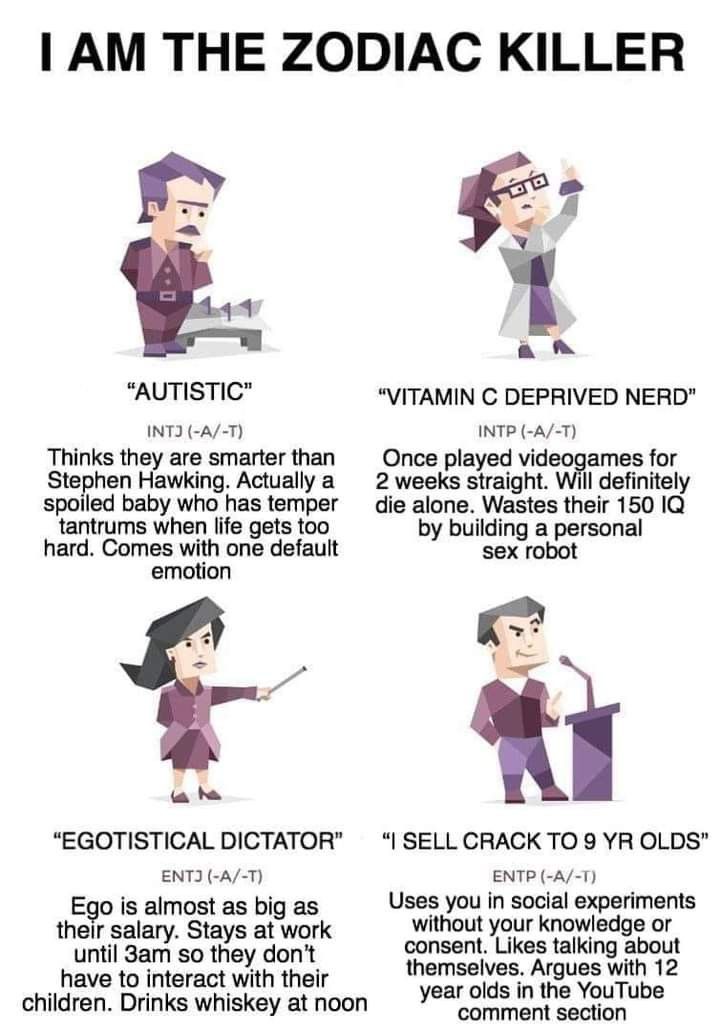
Considering that the first variant of behavior is well known, familiar to many and has a lot of stable definitions - "aggressive ignorance" , for example, it makes sense to fix the application of the concept "Dunning-Kruger effect" behind the protective reaction of a person to the indication of visible sides of the delusions that he refers to the area of his competence. Either evasive or aggressive: that is, when an indication of a person's area of false competence visible from the outside is either ignored, ignored, or challenged and defended. nine0003
There are no stupid people. The zone of stupidity is an area of knowledge or experience, awareness of which a person takes for competence precisely because of his incompetence. If we assume that each person consciously interacts with dozens or hundreds of areas of knowledge and experience, then in each of them he will have zones of competence, zones of unconscious incompetence and zones of conscious incompetence.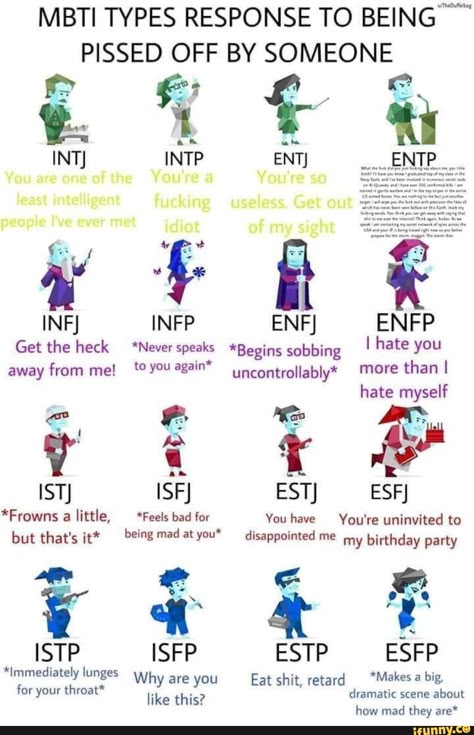 At the same time, the insidiousness of the zone of false competence, the zone of ignorance aka stupidity, lies in its unconsciousness. nine0003
At the same time, the insidiousness of the zone of false competence, the zone of ignorance aka stupidity, lies in its unconsciousness. nine0003
The zone of ignorance refers to the area of experience and knowledge of a person, which a person considers the zone of his competence, in which he “understands”.
However, in fact, the zone of alleged competence is divided into two parts: the zone of competence and the zone of false competence - that is, the zone of ignorance, which a person refers to the zone of competence due to delusion due to his incompetence. That is, the very essence of the zone of ignorance is that a person does not know that it is a zone of his ignorance - otherwise it would move into a zone of conscious incompetence. nine0003
This is pain, to which I want to open people's eyes. That people individually and humanity as a whole are stupid, terribly stupid and do not even suspect how stupid they are on a scale of up to 100% wrong in areas in which they are confident in their absolute, confirmed and proven scientific correctness - like me in economics.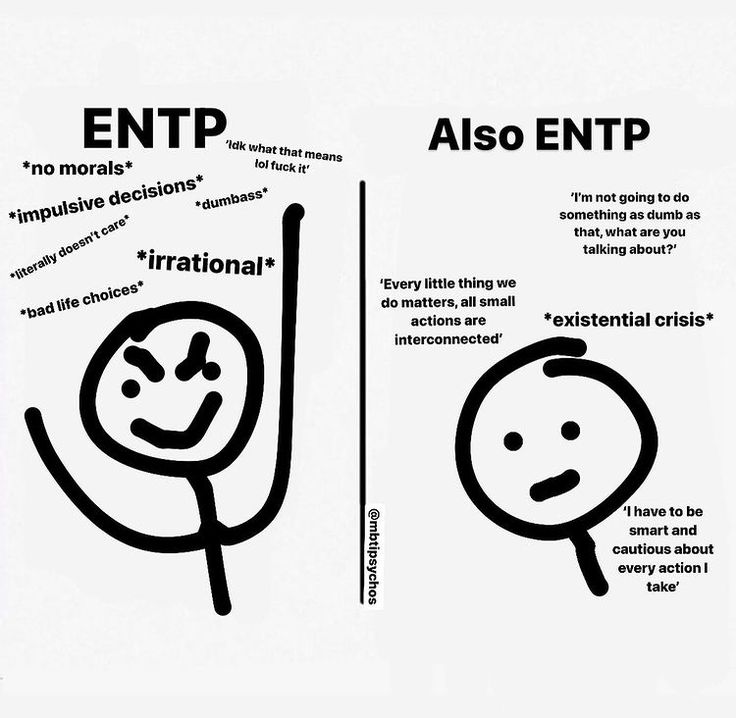 After all, I had not only logical arguments on my side, but also scientific concepts, books, articles, scientists.
After all, I had not only logical arguments on my side, but also scientific concepts, books, articles, scientists.
Each person is twice as vulnerable to his own delusions:
Because he does not notice them and will be sure that he is right until he finds out that he was wrong.
Because the Dunning-Kruger effect, a defensive reaction of false competence, prevents you from understanding your mistakes, even if they are obvious to other people around you.
It would be absolutely natural to assume that the zone of false competence in the total amount of knowledge and experience of each person is at least 50%. That is, in more than half of everything that, on average, a person knows or can do, he is mistaken. nine0003
Given that the zone of conscious competence in relation to the general scale of knowledge and experience, including conscious incompetence, should be limited to a few percent at best.
As a result, this leads to a cognitive distortion, when each person, having a relatively narrow area of conscious competence, notices delusions about it of all other people, while being unaware of the huge scale of their false competence, ignoring or reflecting all attempts of others to indicate although to some of their delusions. nine0003
nine0003
As a result, people who are aware of the existence of the Dunning-Kruger effect, applying it in their area of conscious competence, form an idea of a certain amount of stupidity of the people around them, not noticing, protected by the Dunning-Kruger effect, the scale of their own stupidity, the general scale of which is zones of false competence of a person can be orders of magnitude higher than someone else's stupidity, which he can detect in the zone of his conscious competence.
For example , if a person is an expert in economics, and this is 5% of his total stock of knowledge and experience, while the volume of his own delusions in other areas is 55% of his knowledge and experience, then, knowing about the Dunning effect - Krueger, this person will notice false competence in his area of competence in those around them, not noticing, ignoring or parrying indications of their delusions. Let's say 25% of the people around this economist will have misconceptions about his professional area.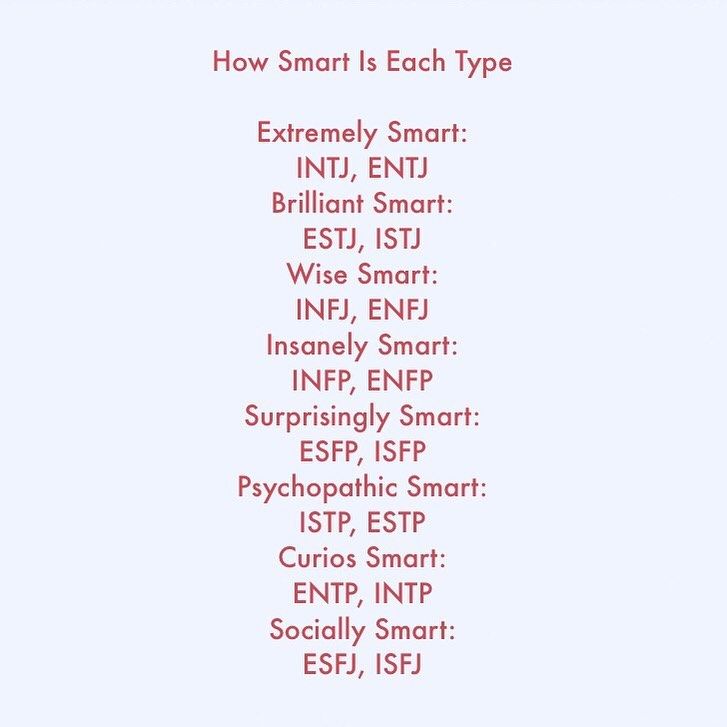 But at the same time, the same 25% will already see the fallacies of this economist. He will accurately notice other people's delusions, will not notice his own ones to a high degree, will not recognize or believe in his own ones indicated to him, and will remain with the impression that every fourth person around does not understand the economy, deceived by the Dunning-Kruger effect, with his own infallibility. nine0003
But at the same time, the same 25% will already see the fallacies of this economist. He will accurately notice other people's delusions, will not notice his own ones to a high degree, will not recognize or believe in his own ones indicated to him, and will remain with the impression that every fourth person around does not understand the economy, deceived by the Dunning-Kruger effect, with his own infallibility. nine0003
In other words, in reality, the degree of delusion, false competence of each person exceeds the degree of his conscious competence. Relatively speaking, every person out of everything that he thinks he knows is wrong in 70% and right in 30%. The percentage may differ from person to person, as well as areas of expertise, but, in general, each person's total share of stupidity will outweigh their share of competence. That is, every person is competent in something, stupid in something, and, in total, more stupid than competent. nine0181 In other words:
- there are no stupid people,
- Individuals' areas and degrees of competence may vary, but in total the sum of each person's delusions will be more than half of their perceived areas of competence.
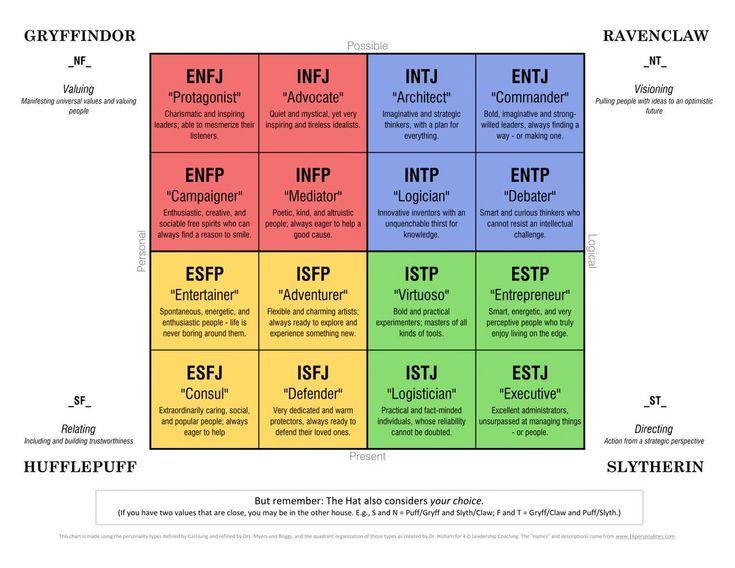
Every person is more stupid than not stupid.
Each person is competent in a much smaller number of areas than he himself thinks, being most of the question stupid and not realizing his stupidity. However, due to cognitive distortion, he will notice other people's misconceptions in his area of expertise, not noticing, ignoring or fighting off, due to the Dunning-Kruger effect, indications of a much larger amount of his own misconceptions. As a result, every person who knows about the Dunning-Kruger effect will have a false impression of 100% of their own competence in all matters in which, as he believes, he understands, against the background of which he will constantly notice someone else's false competence in the narrow sphere of his conscious awareness. competence. As a result, this leads to people who use the concept of the Dunning-Kruger effect in its current form, a false picture of the world, in which there are:
Smart people - they are experts in their own fields of knowledge, who are 100% right in their ideas (because, due to the Dunning-Kruger effect, they do not notice that at least 50% of them are wrong),
Stupid people whose mistakes they see, but these people themselves do not notice and refuse to admit.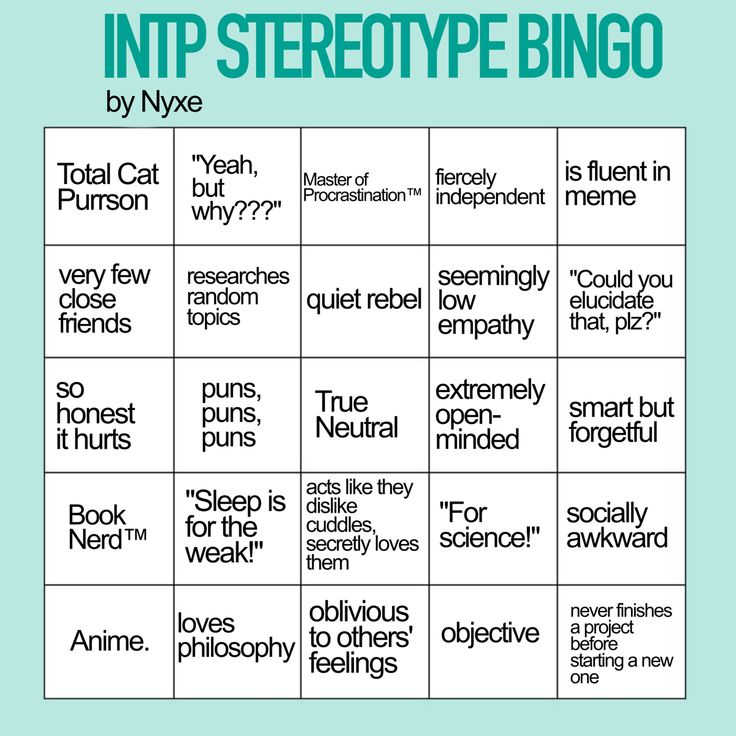
Thus, in the mass consciousness, the Dunning-Kruger effect has become an instrument of intellectual class stratification - people who, due to their own narrow competence, see the delusions and stubbornness of others, but do not notice, due to the same stubbornness, their own, form a false idea of two types of people - such as they themselves, who know how to admit their mistakes, just at the moment they are not mistaken in anything, and the second category, who are definitely mistaken, but are not able to admit their mistakes. In other words, knowledge of the Dunning-Kruger effect in the eyes of many people forms a division into "smart" (teachable, admitting their mistakes in the past, but not having any delusions, including themselves) and "stupid" (unteachable, now deluded, but refusing or unable to admit it). nine0003
At the same time, this division is absolutely false, based on the same Dunning-Kruger effect, which does not allow a person who sees other people's delusions and stubbornness to notice and recognize his own.